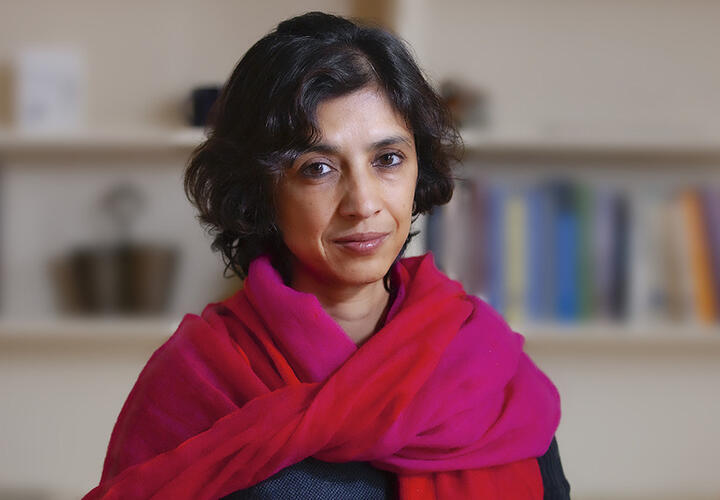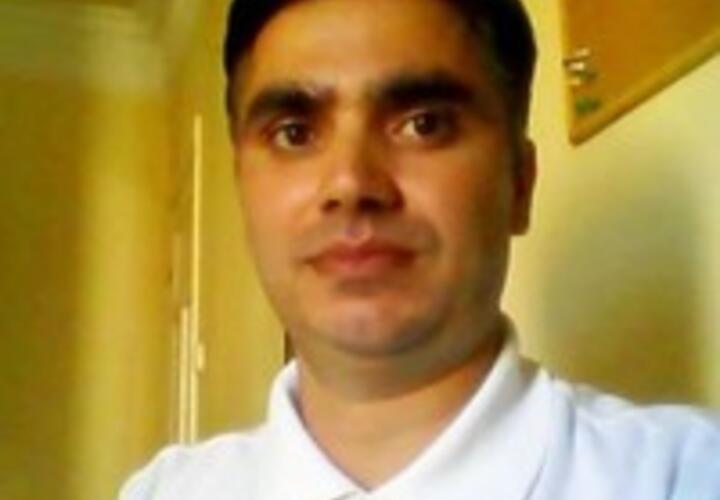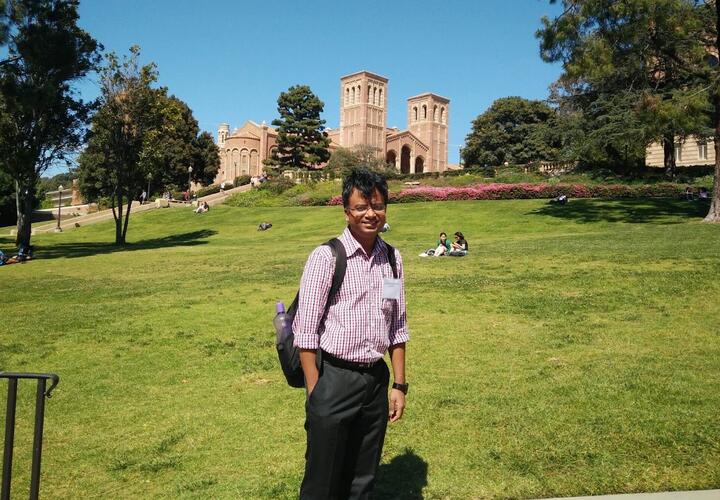The Impact of Political Transformation on Candidate Selection in Nepal
Revolutions disrupt power dynamics; can they also lead to more inclusive political representation? Focusing on Nepal’s first fully democratic local elections, the team at Inclusion Economics evaluated how well new local politicians reflect Nepal’s ethnic diversity.
Research on the determinants of inclusive democracy
The political consequences of revolution are among the most important but least understood impacts of war. While most revolutions aim to upend the political establishment and create more inclusive and representative institutions, they are not always successful. How can a revolution bring about inclusive democracy with competent leadership? This answer, itself, might depend on another question: After a revolution ends, who becomes a politician?
Elections in post-revolution Nepal brought unprecedented improvements in representation, as capable new individuals from marginalized groups came to power for the first time.
A team led by researchers at Inclusion Economics at Yale University and Inclusion Economics Nepal at Governance Lab is exploring these questions in Nepal as it emerges from decades of armed struggle and political turmoil. In 2017, Nepal held its first fully democratic local elections, voting in more than 30,000 representatives to newly created local offices. To evaluate how well new representatives reflected Nepal’s ethnic diversity, the team analyzed party nomination lists, candidate selection committee surveys, electoral data, and an 11-district census of 3.68 million Nepalis. Our initial results provide a nuanced picture of how rebel groups enabled an inclusive federal democracy in Nepal: they created a cadre of positively selected leaders from historically disadvantaged castes during the revolution. This broadening of the pool of qualified candidates for post-conflict politics, in turn, leads to improved policy outcomes on post-earthquake reconstruction. Electing more educated leaders causally improves earthquake reconstruction for all constituents, while electing lower caste politicians marginally increases benefits for co-caste members.
Highlights
Related Publications
Does revolution work? Evidence from Nepal’s People’s War
In 2015, Nepal promulgated a constitution that replaced its 240-year-old monarchy by a federal republic, and subsequent local elections ushered more than 30,000 first-time politicians into office. Using a census of 3.68 million Nepalis, researchers find that castes that were historically excluded from political representation achieved representation without a significant representation-ability trade-off.
About the Project
Principal Investigators:
Research Partners:
- Inclusion Economics Nepal at Governance Lab
- Government of Nepal
This research has received support from:
- International Growth Centre (IGC)
- UK’s Foreign, Commonwealth & Development Office in Nepal (FCDO-N)







